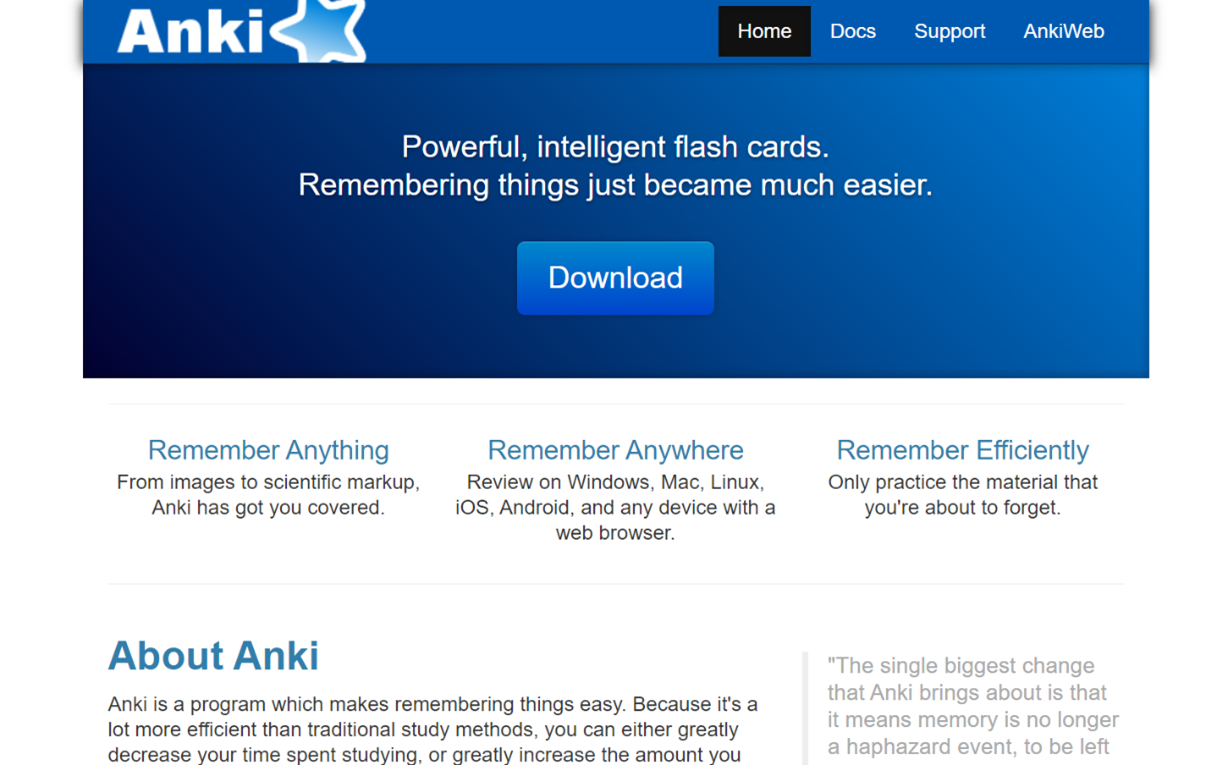5 Free Apps to Improve Your Academic Vocabulary
Developing an advanced academic vocabulary is a priority for students and professional academics alike. A sentence can be both grammatically correct and unnatural in an academic context. This is because there are certain expressions and words that are more academic than others. Improving your vocabulary can seem like a daunting task. Thankfully, there are numerous apps and tools out there that can make the process easier.
1. Wordvice AI — An AI Proofreading and Paraphrasing App Optimized for Academic Writing
Wordvice AI is an online grammar checker that has been trained with real essays and academic manuscripts. However, despite being a grammar checker, grammatical errors are the only language issues it identifies. It is also capable of finding awkward or informal terms and suggesting better alternatives. As such, this tool will not only detect and correct language errors in your draft but also help you improve your academic vocabulary.

Learn how to use the Wordvice free AI Proofreader and access all basic proofreading modes with a Basic plan. And get access to all modes in the entire suite of revision tools in the Wordvice free AI Writing Assistant (including the free AI Paraphraser, free AI Summarizer, free AI Translator, AI Plagiarism Checker, AI Detector, and AI Grammar Checker) with a subscription to the Wordvice AI Premium plan. You can also get professional proofreading services from human editing experts at Wordvice.com.
2. Merriam-Webster — A Dictionary App with Additional Features
A dictionary is a useful tool for everyone, but it is essential if you write frequently and are trying to improve your vocabulary. You can find countless dictionaries online. The Oxford English Dictionary (OED) is often cited as the standard for humanities scholars. However, Merriam-Webster can be better and easier to use for those who are not pursuing rigorous studies in language and literature. Merriam-Webster has an app with an intuitive user interface and additional features, such as “Word of the Day.”

You can download the Merriam-Webster app on the Google Play Store for Android and on the App Store for iOS, or visit the Merriam-Webster site.
3. Anki — A Spaced Repetition Flashcard App
Flashcards are the most widely used tool to actively memorize new words. Anki is unique as a flashcard app because it utilizes a highly effective spaced repetition system to encourage memorization. Anki is available for both mobile and PC, and it has a free synchronization service, which allows you to access your decks across all your devices. It is also highly customizable. Due to it being so customizable, however, you may find the app a little overwhelming at first. Thankfully, there are plenty of blog posts and video tutorials on how to get the most out of this tool’s features.

You can download Anki for the PC, or find it on the Google Play Store for Android and on the App Store for iOS.
4. Todoist — A Straightforward Planning App
Actively improving your academic vocabulary requires studying, whether that means reviewing flashcards every day or plugging your writing into a proofreading app to see where you could improve. Effective planning is key to successful learning. Todoist is a popular planning and scheduling app that has been around since 2007 and has undergone countless updates since then. It reliably synchronizes across devices and a clean, easy-to-use interface. Although the premium version comes with some useful additional features, the free version is sufficient for most users.

You can download Todoist for Windows 10, macOS, and Linux. Visit the Todoist website for further details. The mobile versions can be found on the Google Play Store and the App Store for Android and iOS, respectively.
5. Words with Friends — An Educational Multiplayer Game
You cannot study all the time, and a fun way to incorporate learning new words into your free time is to play a game like “Words with Friends.” If you are familiar with games like “Scrabble,” “Words with Friends” has similar rules. Games like “Words with Friends” and “Scrabble” are multiplayer, so you may learn new words from your opponent(s). However, what these games are best for is using the new words you have learned. The more you use a word, the more likely it is for you to remember it.

Words with Friends can be downloaded on the Google Play Store and the App Store for Android and iOS, respectively.
Free Apps to Improve Your Academic Vocabulary: An Overview
| AI Tool Name | Best for These Documents/Purposes | Usability & Interface | Features | Pricing |
|---|---|---|---|---|
| Wordvice AI | Academic writing & vocabulary improvement | Intuitive, easy to use | Grammar check, paraphrasing, text summarizing, AI translator | Free with premium plan for additional features |
| Merriam-Webster | General vocabulary improvement & dictionary | Intuitive, extra features like “Word of the Day” | Word definitions, word of the day, synonyms, antonyms | Free |
| Anki | Flashcard-based vocabulary | Highly customizable, can be overwhelming | Spaced repetition flashcards, sync across devices | Free |
| Todoist | Planning & organizing study sessions | Straightforward and clean | Task planning, scheduling, sync across devices | Free with premium features |
| Words With Friends | Vocabulary practice through gameplay | Engaging multiplayer game, easy to use | Multiplayer word game, Scrabble-like gameplay | Free |